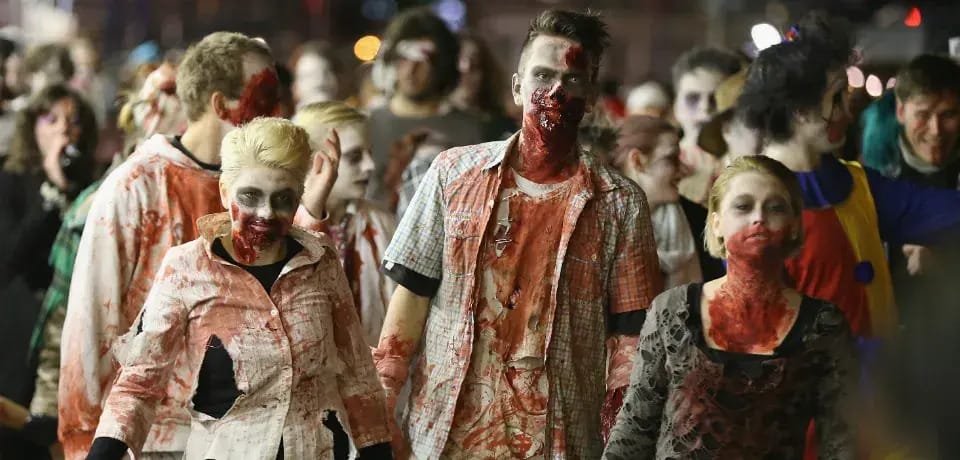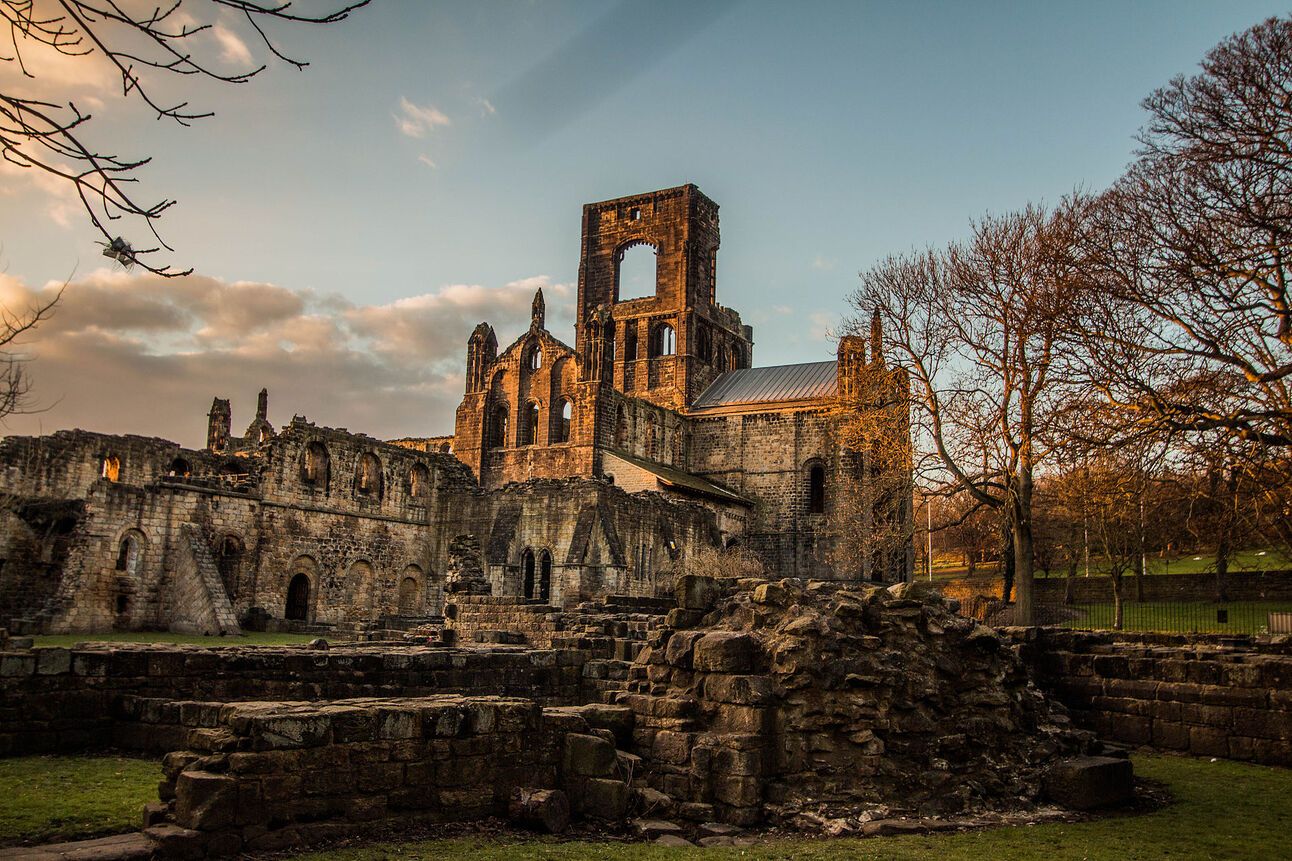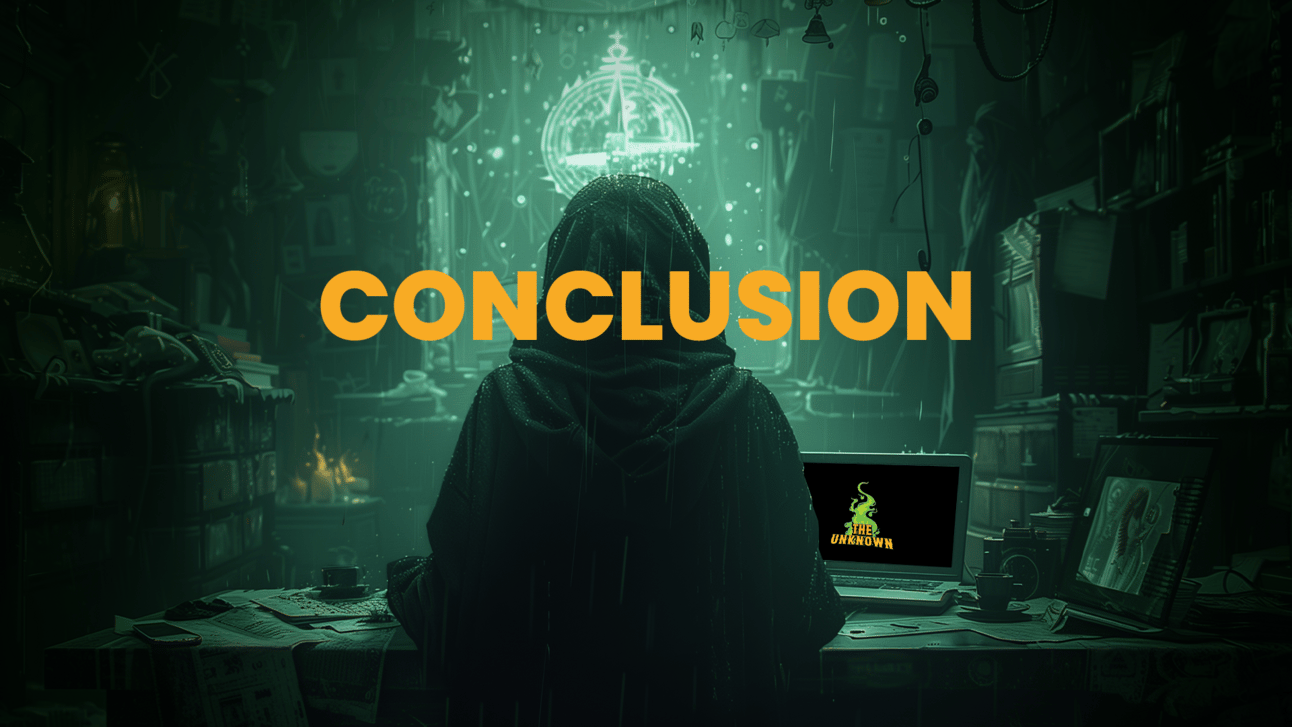- The Unknown
- Posts
- Rapture: Unveiling a Medieval Zombie Horror Epic
Rapture: Unveiling a Medieval Zombie Horror Epic
Chronicles of the Dead

In a compelling twist to the anachronistic genre of zombie horror films, "Rapture" emerges as a fresh and intriguing take, setting its monstrous narrative against the backdrop of Medieval England. This blog post delves into the film's unique premise, production nuances, and the thematic depth it promises.

The Intriguing Premise
"Rapture" is set in 1348, amidst the gloomy towers of a Yorkshire monastery during the infamous Black Death era—a time haunted by both historical terror and vibrant spiritualism. This remote stone monastery, Lansley Abbey, is depicted as ground zero for a horrifying plague that not only kills but morphs victims into supernatural entities known as "revenants".

By integrating the concept of revenants, the film distances itself from the typical zombie motif, imbuing the undead with a folkloric and theological weight that deeply resonates with both medieval superstition and modern horror.
Distinctive Production Vibes
The creative force behind "Rapture" brings together a diverse set of cinematic talent. With production companies like Elevation Pictures, 2AM, and Brookstreet Pictures at the helm, viewers can expect an amalgamation of psychological depth, modern horror vibes, and serious historical detail. This suggests the film could be more than a typical horror flick—it might touch on social commentary, as well as weave in historical authenticity, reflecting on the broader human experience.
Moreover, director Jordan Tannahill's entry into feature film directing alongside renowned director of photography Eli Arenson, known for his unsettling folk horror aesthetics in "Lamb", promises visually chilling and thematically rich spectacles.

Jordan Tannahill
The Intriguing Cast
Part of the film's allure stems from its casting choices, drawing in audiences across different fandoms. With Will Poulter, Kit Connor, and Manu Ríos leading the cast, "Rapture" is poised to attract not only horror enthusiasts but also fans from broader television landscapes, eager to see their favorite actors delve into a period horror narrative.

Themes: Faith, Humanity, and Existential Doom
"Rapture" offers more than a mere survival tale against the undead. At its core, the film appears to navigate the tightrope of faith versus survival. As the revenant plague besieges the secluded monastery, the monks face a profound moral dilemma: to adhere to their creed of compassion or secure the monastery's legacy by sealing themselves off from the world.
This narrative is not just about evading the undead. It digs deeper—exploring how crisis unveils the deepest cracks in human nature, challenging the monks to confront the very essence of faith and humanity.
Historical Terror Meets Folkloric Horror
By setting the film during the actual Black Death, "Rapture" intertwines documented hysteria, superstition, and societal breakdown with the fantastical horror of revenants. This historical infusion enhances the apocalyptic dread, rooting the film's horror in a reality that once was—a powerful conflation that amplifies the stakes beyond simple survival.

A Riveting Conclusion
"Rapture" is not merely a medieval zombie flick. It is a riveting exploration of historical and supernatural horror that promises to engage not only the heart but the mind. With its philosophical underpinnings and rich period setting, "Rapture" invites viewers to question: in the face of impossibility, what does it mean to be human?
As we await further announcements, this film stands as an anticipated highlight—one that reimagines the zombie genre through the lens of history and humanity, offering something refreshingly innovative for horror aficionados and history buffs alike.
Listen to the full podcast episode here!